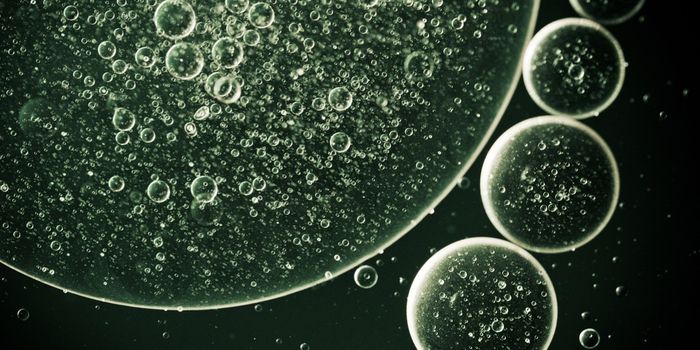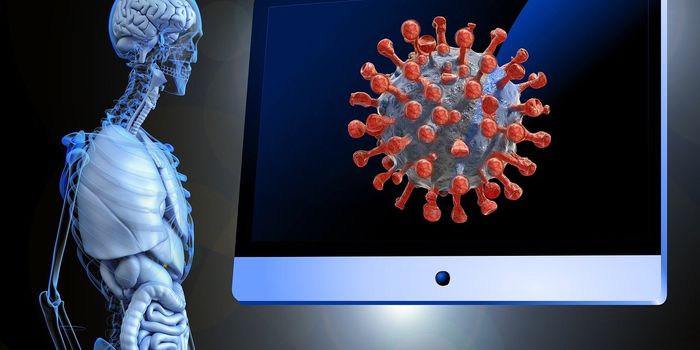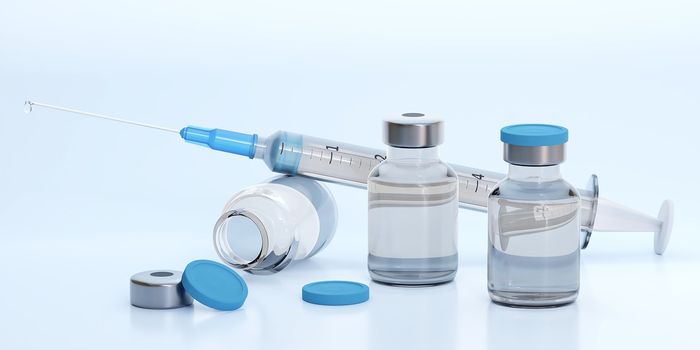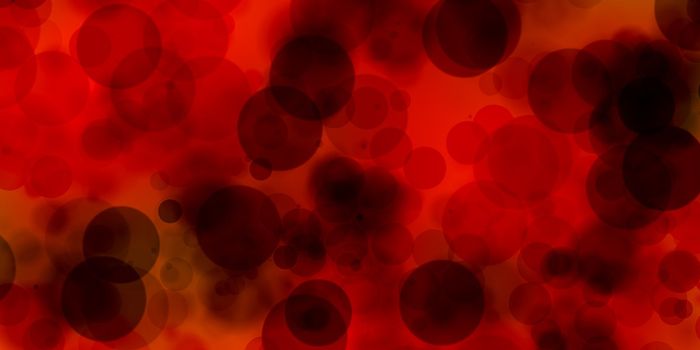Gut Microbiota Influences Colon Cancer Development
The gut microbiome consists of all the microorganisms living in an individual’s digestive system. Various factors including diet, alcohol and tobacco use, age and physical activity impact the microbiome.
Direct associations between the makeup of the microbiome and cancer are well established. Further, the response to cancer treatment, particularly immune-based therapies, is impacted by microbiome content. Indications connecting the microbiome to treatment-related toxicities also exist. Thus, the microbiome has recently materialized as a popular area of focus in cancer research.
A new study published in Cell Host & Microbe correlated high levels of specific gut bacteria to greater chances of precancerous colon polyps becoming cancerous. The study followed 40 patients undergoing routine colon cancer screening colonoscopies. The patients enrolled in the study ranged in age from 50 – 75, and two-thirds were female.
The researchers took biopsies near the colon polyps and identified the different bacterial colonies present within the tissue. They performed a similar screen of bacteria in the tissue of polyp-free patients.
Analysis revealed elevated levels of a particular strain of bacteria, Bacteroides fragilis, in the patients with polyps compared to the polyp-free cohort.
Further evaluation of the Bacteroides fragilis revealed differences in the gene signatures between patients with polyps and those that were polyp-free. The research team found enrichment of several genes involved in immune activation and the inflammatory response in the Bacteroides fragilis of patients with polyps.
The authors conclude that their study shows a prominent role of Bacteroides fragilis in the early stages of cancer development predisposing individuals to polyps. They further indicate that the microenvironment within a polyp selects strains of bacteria that promote inflammation, further enhancing polyp growth.
This study provides a new understanding of the mechanisms underlying the microbiome’s ability to induce colorectal cancer. These findings also indicate that analysis of the microbiome could aid in the development of new diagnostic tools and improved guidelines for determining personalized medicine regimens.
Sources: microbiome, associations, Cell Host & Microbe









